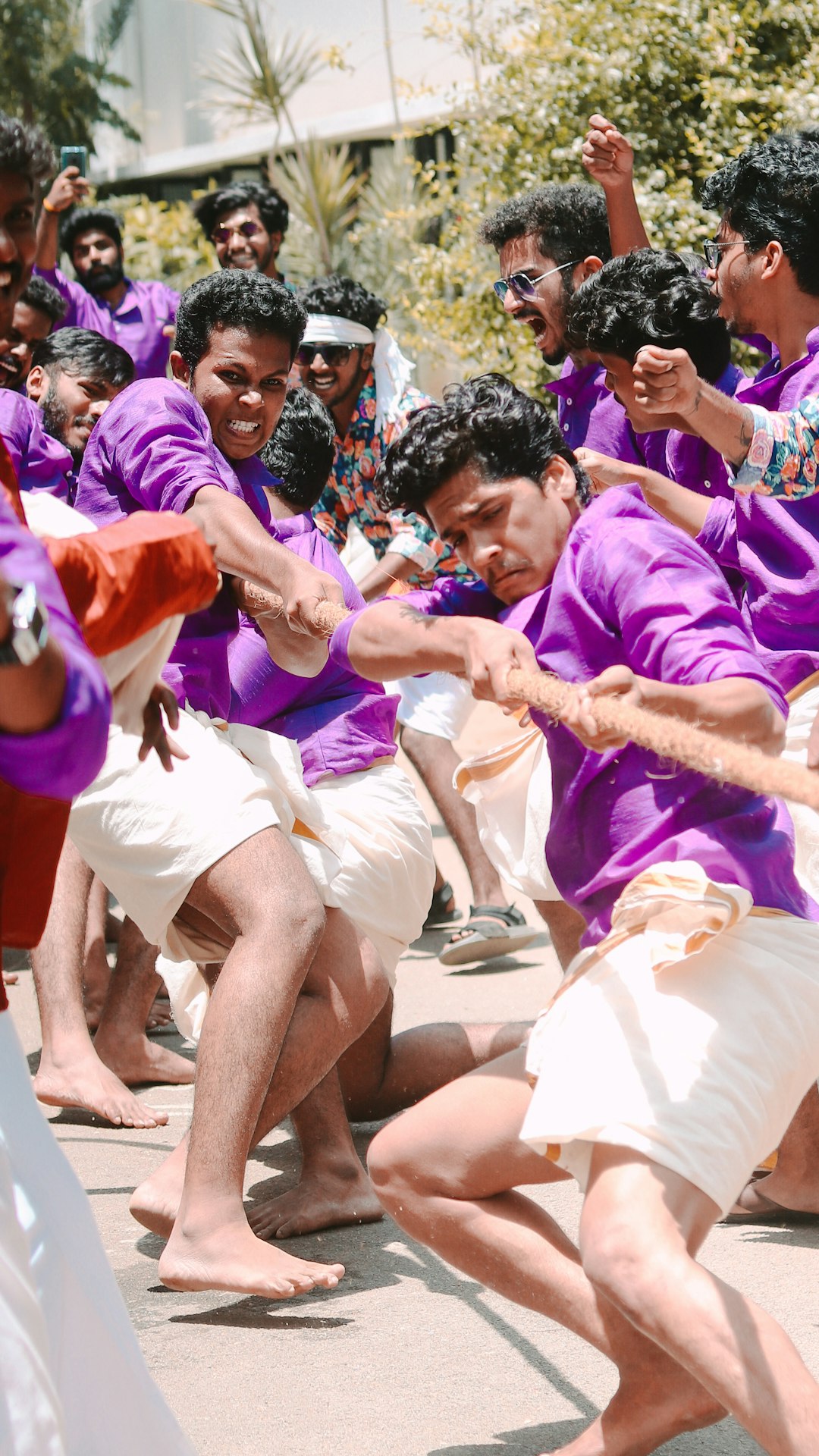How do you manage?
After more than eight years of teaching, I had to learn to distinguish the different types of beginners. Indeed, a beginner can begin in dance (have no basis at all) or in the specific style I teach (starting with dance basics or mastery of one or more styles).
The fact is that it can be difficult to mix these two groups because their background, their references and their quest are different. It happens that introductory beginners find themselves totally lost in a "beginner level" class because of the presence of those (that I will call the "beginners in style") who already possess a better understanding of movement and musicality. However, what is often forgotten is that : just because someone is considered "advanced" in a dance style does not mean that they can start at the advanced level of a new style...
Good! Now, how do you manage all this so that everyone can find their own way?
I will give my two-cents’ worth understanding that could be useful for beginners or for those who teach beginners:
1. BASICS
These are necessary and mandatory to explore with all students. Don't skimp on it under any circumstances, under any pressure. No one (even the advanced ones) has practiced his foundations "too much". Teachers, let's take advantage of the first sessions to work the basics thoroughly, adding on, if need be, levels of difficulty which will be presented as challenges for those who wish to push themselves. This allows you to work the exercises that develop and solidify their bases, while giving you time and space to see the ABC of movement (right, left, weight transfer, etc.) with those who have never danced before or who lack techniques.
Dancers, do not think that working the basics demeans you. On the contrary, it pushes you to acquire the "mastery" of your movements.
2. PRACTICE.
Practice makes perfect! An often-said expression that we use without really appreciating its accuracy. Reviewing, alone or in small groups, the learned notions/movements, is an effective way to get to know yourself, to understand how you move and to really assimilate knowledge. Teachers, encourage your students to practice outside of the classroom sessions! Because that is the key to develop other skills as well as to evolve in learning one's own body. It's unavoidable, even for the "pros." This is where progress begins and, above all, where self-confidence is built in a dance style.
3. THOUGHTS
I realize that : when I think a movement is very difficult, and warn students to prepare for it, the vast majority do not get it, indeed.
On the other hand, when I simply show the movement (sometimes even without dissecting it), the majority is totally available mentally and tries to do it - successfully, most of the time... The mind can be so much more powerful than we realize! I have concluded (got proof!) that everything can be learned. I also learned that "doing" is much more effective than "thinking about doing". Dancers, don't think too much, get into the movement!
4. COMPARISON
In the kingdom of the blind, the one-eyed is king. I have observed that some teachers tend to leave the learners who "do better" alone (because there are worse cases in the room). Some, on the other hand, tend to ignore those who completely fail at executing, as if there was no hope (I exaggerate a little!). However, as teachers, we must challenge ourselves to accompany those who stuggle in what we’re teaching while bringing those who do better to surpass themselves.
Indeed, there is always something to work on, always a second degree of execution to explore. Similarly, there is always at least one small success to achieve, for a beginner. Always. Point it at them and tell them what the next step is. Dancers, do not hesitate to ask questions and above all, don’t rest on your laurels. No matter what your level is, you can always become better!
Teaching is an apprenticeship in itself. Teaching beginners, and even taking beginner courses, allow me personally to question what I have learned and get back to the essence of things. Through beginner courses, we become better teachers and, inevitably, better dancers.
Véroushka Eugene
September 25, 2018
